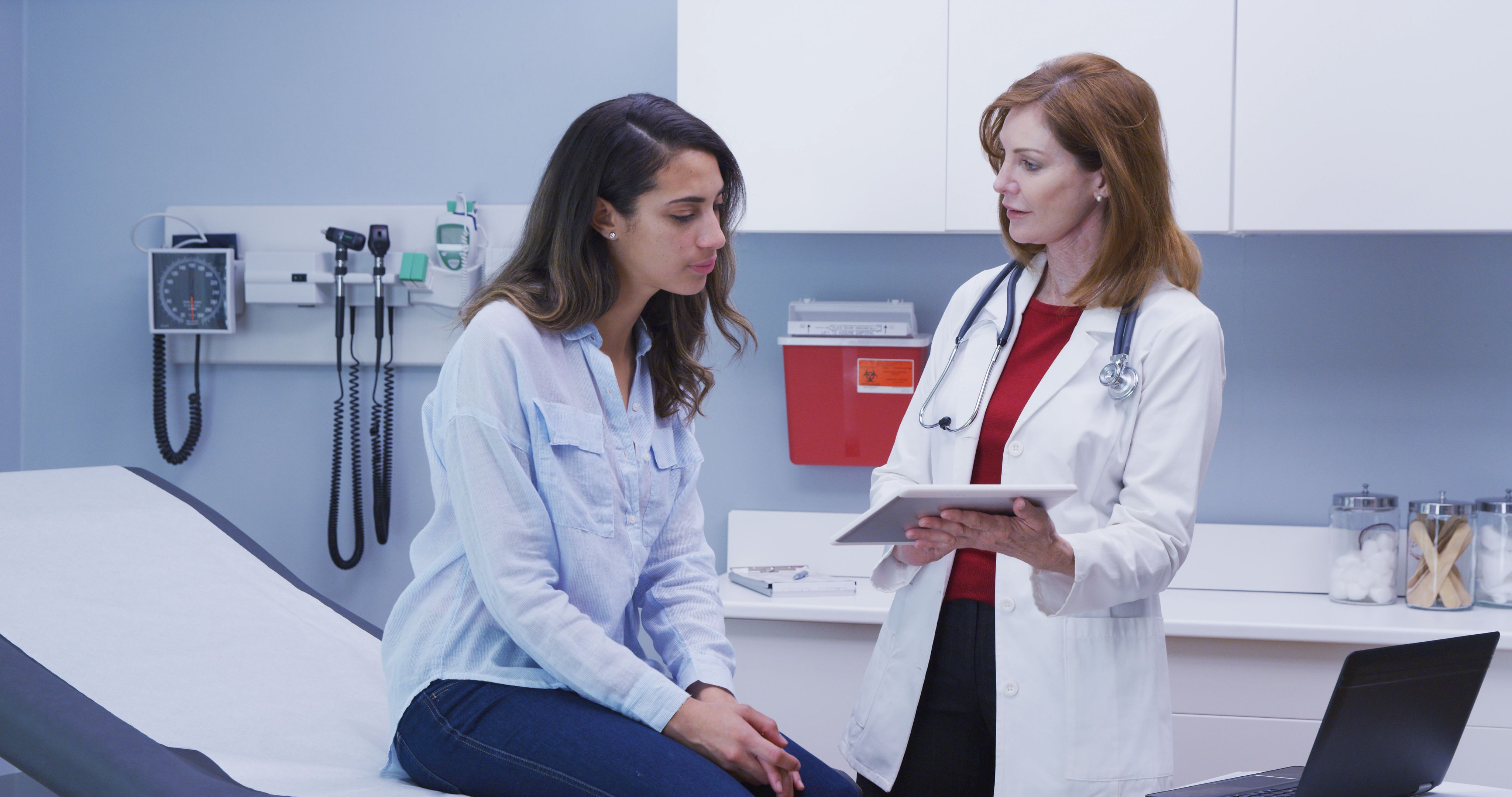Caring for patients as they enter adulthood
The legality of caring for minor patients once they turn 18.
©Rocketclips/Adobe Stock

When my children became teenagers, I allowed them to see their orthodontist and pediatrician by themselves for minor issues. Nothing disastrous ever happened, and the providers never had any issues or complaints. That was great for me as a working mom.
Previously, I wrote about how providers can care for unaccompanied minors without risk to their minor patients, or their practice, as long as they meet certain legal requirements.
Read more: Can doctors treat unaccompanied minors?
Another not-so-minor matter I have advised clients on is how medical practices should care for patients seen as minors who continue to be in their care after they turn 18. Many practices, especially those with long-term relationships for chronic medical conditions, often forget the legal formalities when their patients become adults.
Here are some issues for medical practices to consider:
- Make sure the practice has a way of monitoring when patients turn 18 so that it can be sure to comply with HIPAA. Violations can be avoided by having a formal process in place.
- HIPAA dictates that once patients turn18, parents or legal guardians can no longer have access to their child’s medical records or information. While parents are likely to still call, make appointments, and accompany their child to appointments, medical information can no longer freely be shared.
Patients over 18 who wish to share health information with their parents must complete a HIPAA authorization form and such other documentation that state law and the provider may require, depending on the information to be shared. The authorization may restrict what information can be shared, so parents will not necessarily have access to all information.
- Since parents may cover their child well past age 18 on their health insurance, this can often lead to the incorrect belief that HIPAA does not apply. Practices need to be careful not to disclose protected health information improperly when answering insurance questions.
I generally advise my clients to share information in advance with patients and parents about what happens at age 18. In the event of a medical emergency, parents will not easily be able to make decisions or receive information about their child’s condition without having appropriate documentation in place. Failure to have documentation in place can create significant distress for all parties involved.
In addition to a HIPAA authorization, a medical power of attorney allows a child to appoint his/her parents as a medical decision-maker. A lawyer can provide both parties a form that complies with state laws. If patients will be attending college out of state, it’s wise to advise them to review that state’s legal requirements as well.
For medical practices that provide services to both minor and adult patients, it’s important to be prepared when patients turn 18. Education of parents and patients, as well as completing proper documentation, will protect all parties involved and ensure continuity of care in a legally-compliant way.
Ericka L. Adler has practiced in the area of regulatory and transactional healthcare law for more than 20 years. She represents physicians and other healthcare providers across the country in their day-to-day legal needs, including contract negotiations, sale transactions, and complex joint ventures. She also works with providers on a wide variety of compliance issues such as Stark Law, Anti-Kickback Statute, and HIPAA. Ericka has been writing for Physicians Practice since 2011.